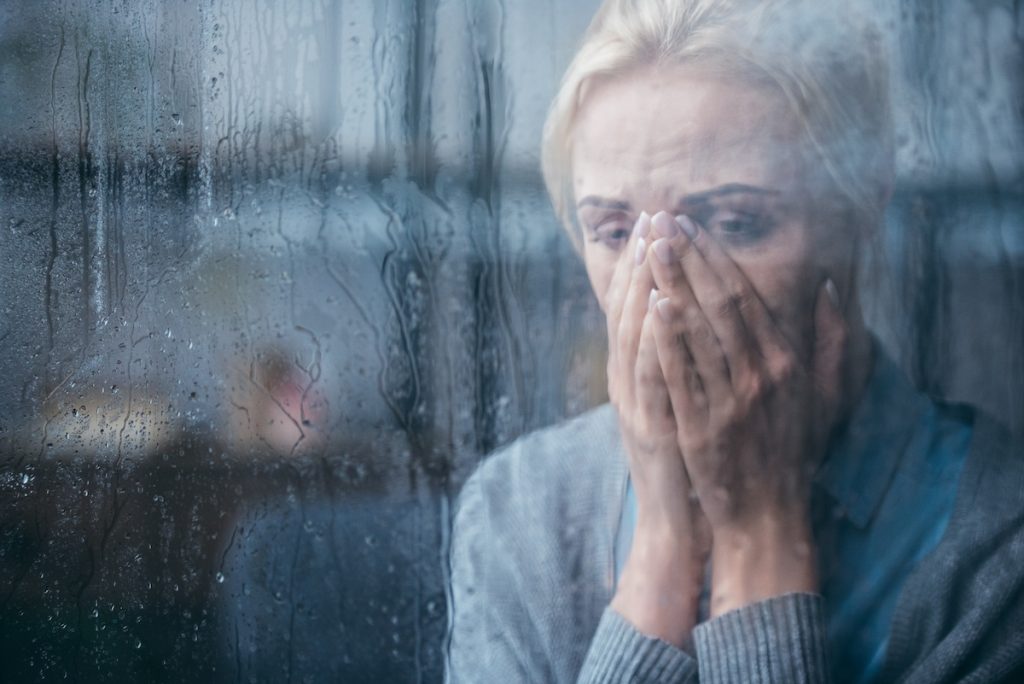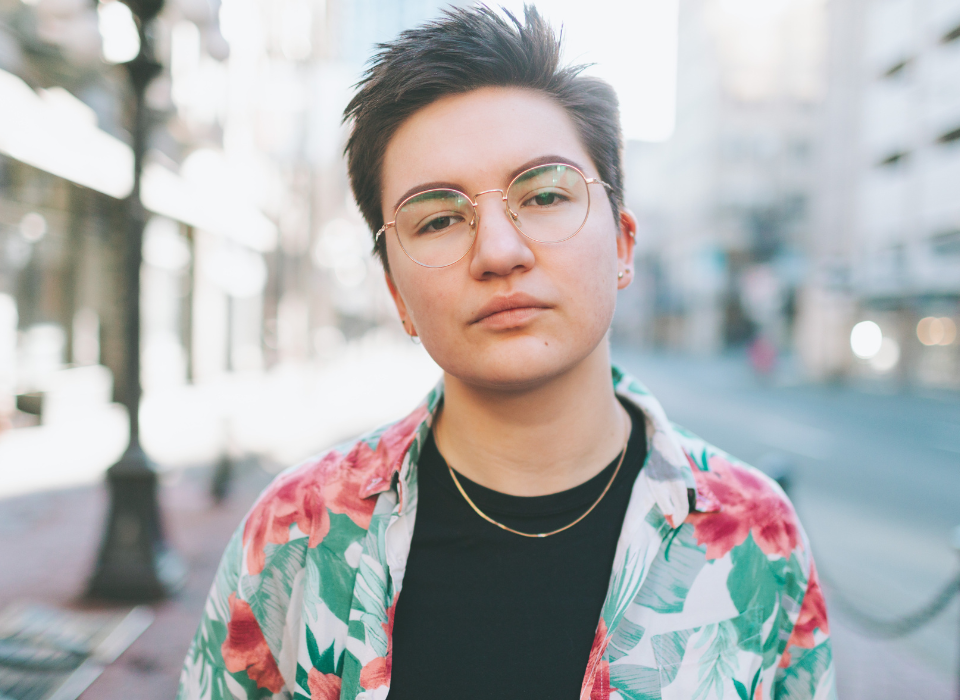
Calming Anxiety: Best Practices for Finding Peace Amidst the Storm
May 10, 2024
Navigating the Depths: Exploring Different Types of Depression and Treatment Options
May 17, 2024Depression is not merely a fleeting sadness or a passing phase; it’s a complexity of emotions, thoughts, and physical sensations that can grip anyone regardless of gender. However, the manifestation of depression can often vary between men and women, leading to distinct symptoms and experiences. In this blog, we’ll discuss what depression feels like, shedding light on the symptoms prevalent in both men and women.
Symptoms of Depression in Men
Men, often conditioned by societal norms to suppress emotions and uphold a facade of being “okay”, may exhibit symptoms of depression that differ from women’s symptoms. Instead of openly expressing sadness, men may internalize their struggles, resulting in behaviors that mask their emotional turmoil. Irritability, anger outbursts, and reckless behavior can often be misconstrued as typical male traits rather than indicators of underlying depression.
Men may also experience physical symptoms such as headaches, digestive issues, or unexplained pains, which serve as tangible manifestations of their psychological distress. Sleep disturbances and a loss of interest in activities they once enjoyed are also hallmark signs of depression in men. Due to the stigma surrounding men’s mental health, they can be less likely to seek help, continuing a cycle of silent suffering.

Symptoms of Depression in Women
Conversely, women may exhibit symptoms of depression that align more closely with societal expectations of emotional expression. Feelings of profound sadness, worthlessness, and guilt often permeate their daily lives, accompanied by tearfulness and difficulty concentrating. Women may also experience changes in appetite and weight through overeating for comfort or loss of appetite due to a lack of interest in food.
Moreover, hormonal fluctuations, particularly during menstruation, pregnancy, or menopause, can exacerbate depressive symptoms in women. Balancing multiple roles, such as caretaker, homemaker, and professional, can further contribute to feeling overwhelmed and exhausted.
Despite being more inclined to seek support and express their emotions, women may still face barriers to receiving adequate treatment, including societal stigma and systemic inequalities.
What Depression Feels Like
Regardless of gender, the experience of depression transcends mere sadness; it engulfs every facet of one’s like an oppressive fog, obscuring joy and suffocating hope. It’s waking up each morning with a heaviness in your chest, as if an invisible weight pins you to the bed, rendering even the simplest tasks impossible. The relentless chatter of self-doubt and self-criticism echoes in your mind, drowning out any whispers of encouragement or positivity.
Depression distorts perception, painting the world shades of gray and robbing life of its vibrancy and meaning. It’s feeling disconnected from others, even in a crowded room, as if an impenetrable barrier separates you from the rest of humanity. The gnawing emptiness gins at your soul, leaving you hollow and numb to the world around you.
Get Help Today
Yet, amidst the darkness, there are fleeting moments of clarity, tiny sparks of light that offer glimpses of hope amid the despair. It’s the supportive hand of a loved one reaching out in the darkness, the warmth of a comforting embrace, or the gentle reassurance that you’re not alone in your struggle. It’s the courage to seek help, to confront the demons that haunt you, and to embark on the arduous journey toward healing and wholeness.
Depression is not a sign of weakness or moral failing but a legitimate medical condition that requires compassion, understanding, and support. By recognizing the diverse manifestations of depression in both men and women, we can break down the barriers to seeking help and foster a culture of empathy and acceptance. Let us lend our voices to those who suffer in silence, offering hope and solidarity in darkness. Together, we can illuminate the path toward healing and create a world where mental health is valued and prioritized.
_________________________________________________________________________________
Looking for treatment for an eating disorder, anxiety, depression, trauma, or postpartum mood disorder?
Evolve Counseling Services is a specialized team of Licensed Therapists providing treatment in Paoli.


